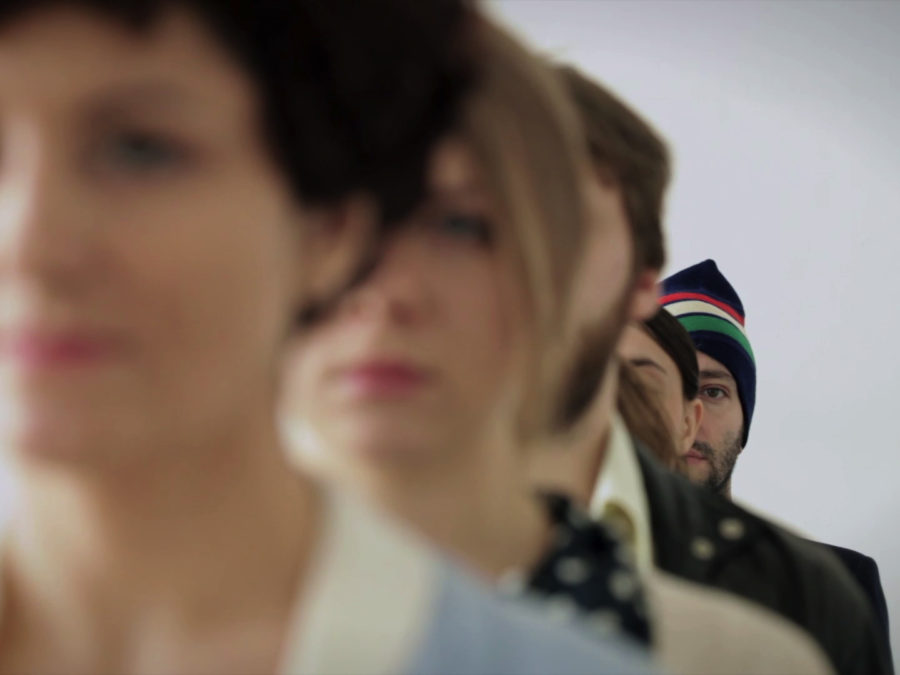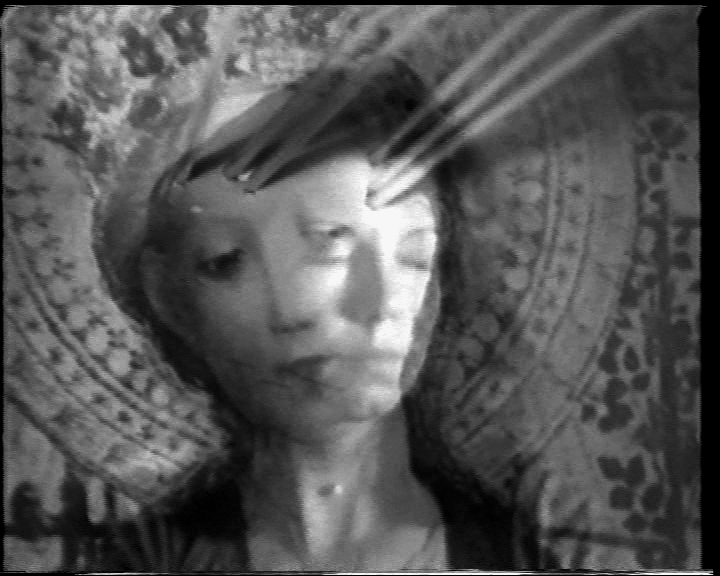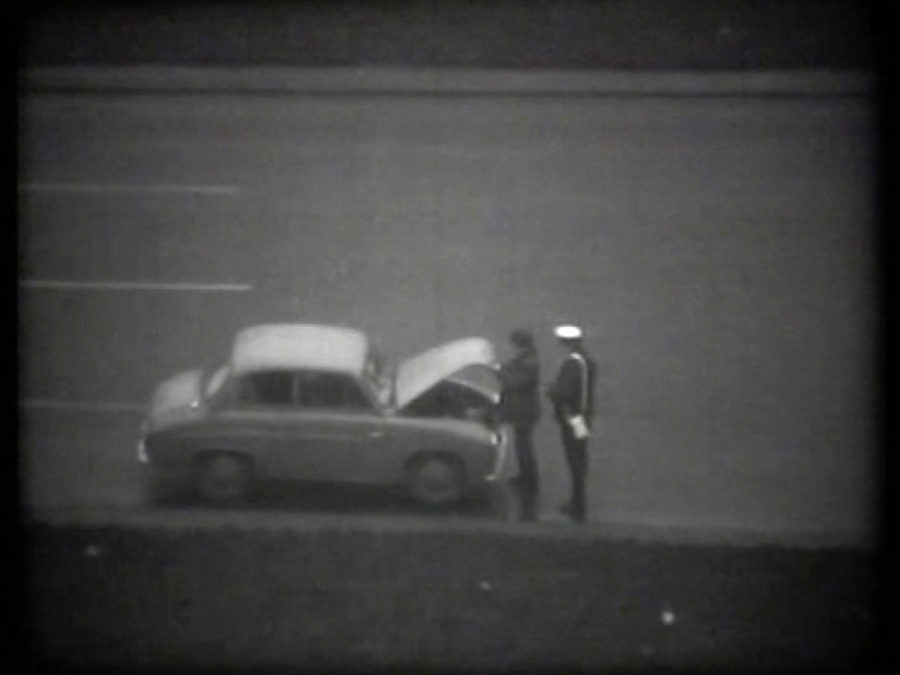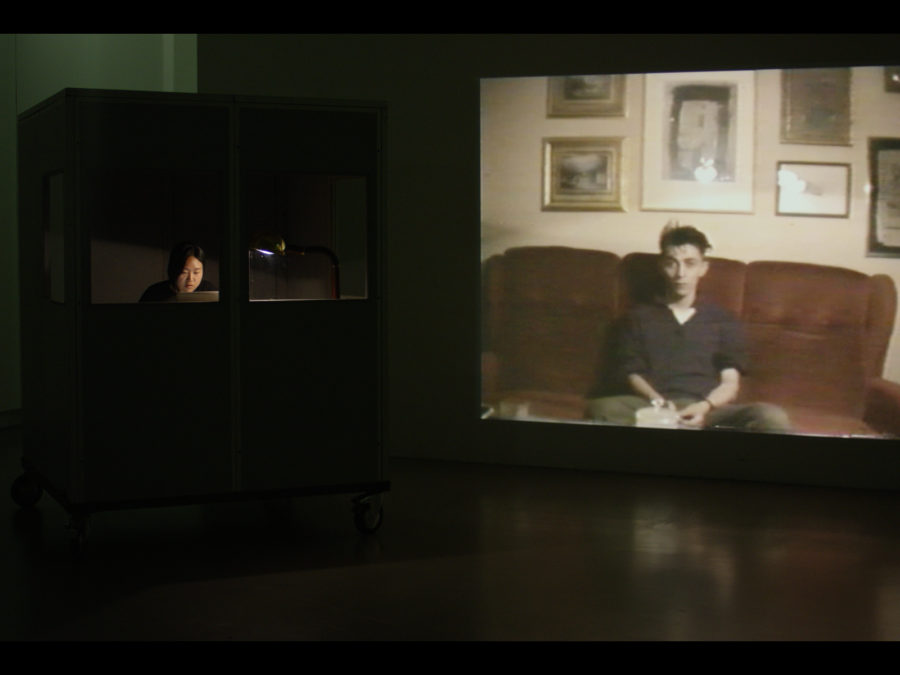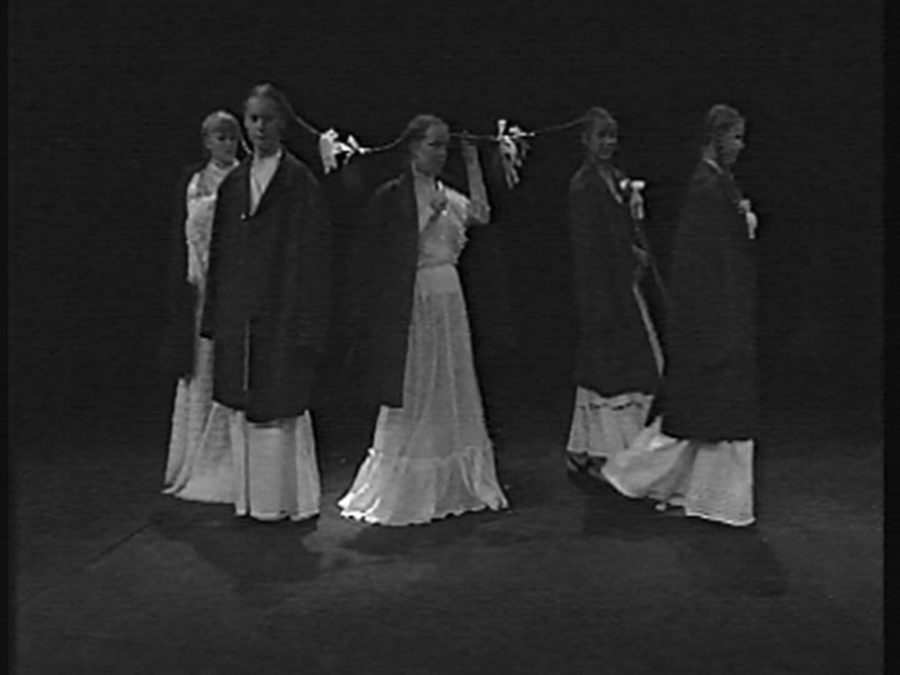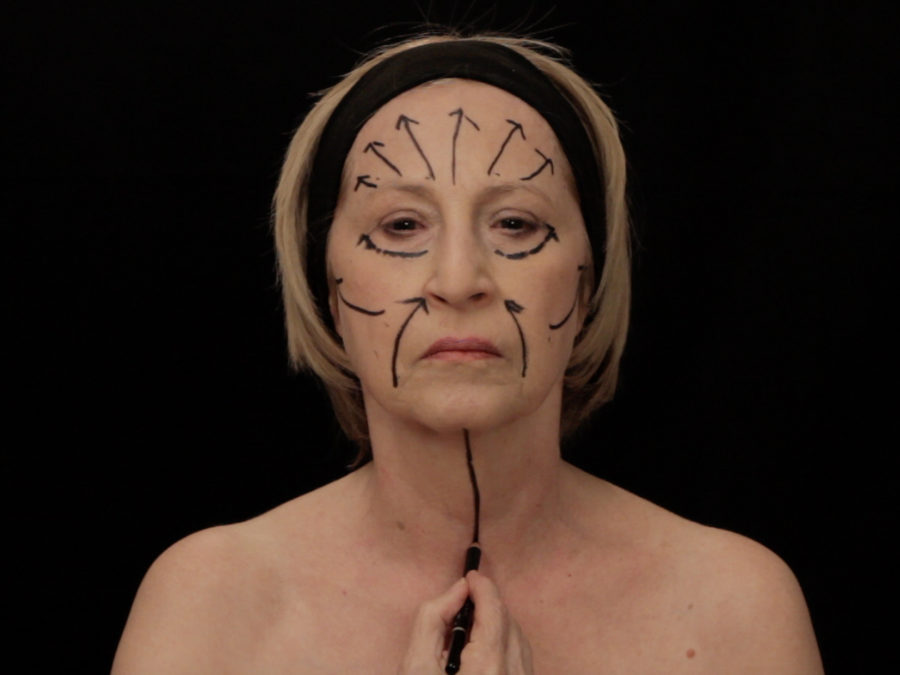The indefinite period of standing in line represents a multi-faceted experience of ‘transition’. Chantal Akerman gets to the heart of this experience in her 1993 film D’EST (From the East), shot during the period of upheaval of the 1990s. With the filmic travelogue that moves from Russia to Poland, Hungary, the Czech Republic across the former GDR and to Belgium, her documentary essay film shows people standing wordlessly in endless queues. It thereby creates the cinematic feeling of being-in-between – a situation experienced by people at the time.
Starting with this testament to historical transformation, the feeling of being in transition – as a condition between the past and the imagined future – forms the point of intersection for the screening chapter’s works. Challenging the idea of isolating the past, The Suspension and Excess of Time follows a conception of historicity in which a multiplicity of times coexist, opening up parallel perspectives. The selected video works follow a chrono-political understanding of history. They deal with different temporal poetics that unfold as durational documentation (Józef Robakowski); live actions (Ulrike Rosenbach); live sculptures (Eglė Rakauskaitė / Rakė); and re-enactments (Sanja Iveković). They move between the historical imagining of life in a transcended system (Sasha Pirogova) to the envisioning of a time machine (Clarissa Thieme). Understood as a transformation process with multiple trajectories, feminist and political practices stand in the focus of this screening chapter. These demonstrate the time-transcending influence of political and social structures, the power of influence of religion and patriarchy as conditions that render personal daily life political. As a structural principle, the interaction of different layers of time within the work threads its way through the screening as a whole, whether in the form of confrontation with different historical and religious models of identity, the actualization of political and economic transformation in Eastern Europe at the end of the 20th century, or processes of technological or physiological, human development and change. The performatively staged views (which look backward and forward) intersect through the concept of history, which only becomes manifest in its actualization. Spanning an arc from the 1970s through the 1990s and into the present, cross- and back-references abound.
